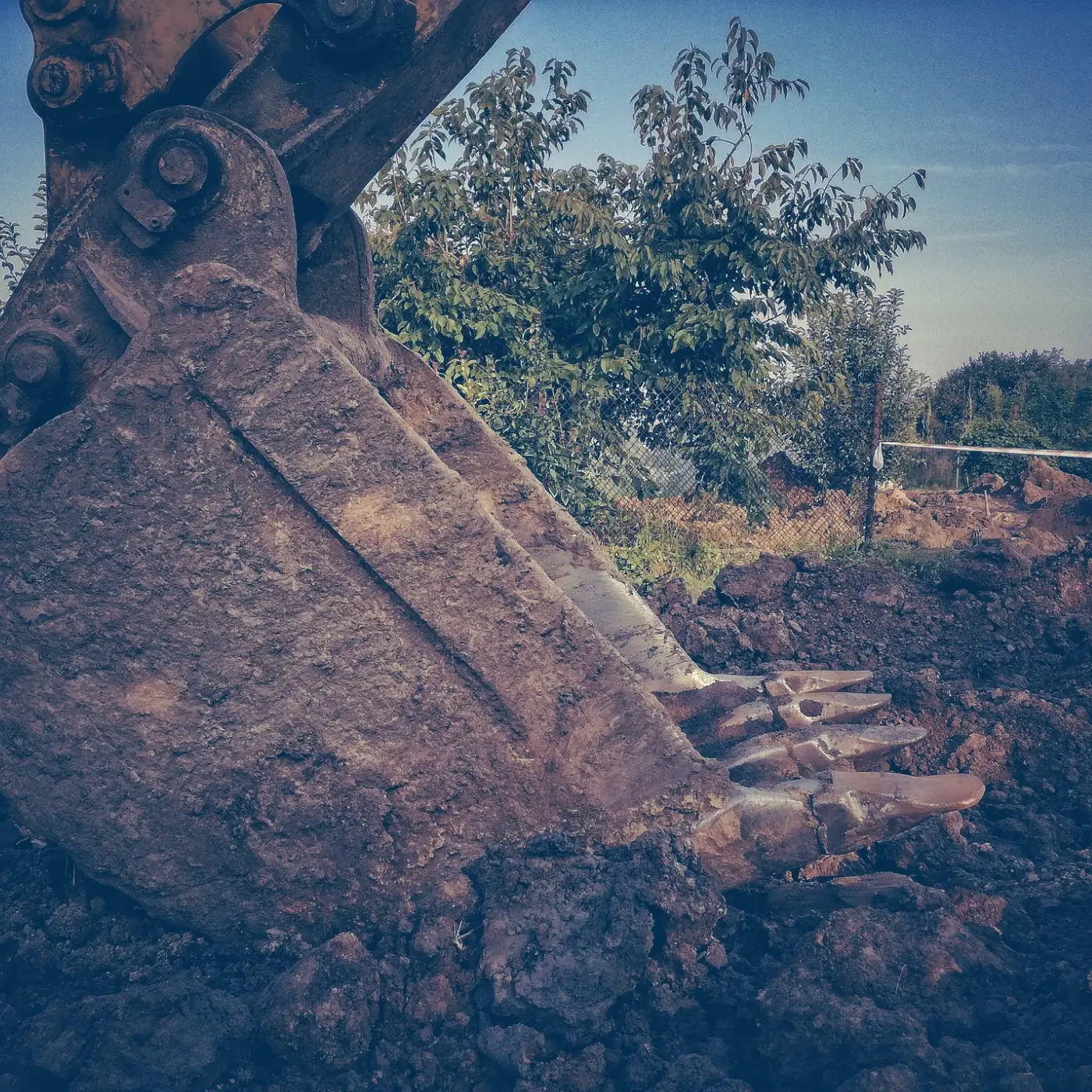
Gronda di Genova

The mountains of the Genoese area, west of the Polcevera Stream, are partially composed of asbestos-bearing rocks. Given the peculiarities of the area, special attention has been paid to the management of excavated soil and rocks (more than 12 million cubic metres), depending on the concentrations of asbestos and heavy metals. Specifically, different excavation methods are envisaged as they will involve specific sampling, packaging, transport and disposal methods depending on the type of rock excavated.
West of the Polcevera Stream, a Hydroschield-type cutter will be used to ensure a safe environment during the excavation of rocks potentially containing asbestos. The material will thus be transported in a confined manner through pipes along the newly built tunnels to the Bolzaneto site area where, once stored, it will be sampled and analysed in specially equipped areas to prevent dust dispersion into the atmosphere.
East of the Polcevera Stream, where the presence of asbestos is not expected, the excavated material will still be controlled and sampled according to the methodologies required by the regulations.
For material with suitable geotechnical properties free of asbestos or with asbestos concentration < 1000 mg/kg
asbestos-free or sub-threshold material
mixed with
benthic fluid
place of delivery
maritime work
material that is free of asbestos or with a quantity of asbestos below the thresholds defined in the regulations will be transferred to the maritime work. In order to guarantee the isolation of this material, a hydraulic transport system was chosen: the excavated material is fluidised by means of bentonite and pumped along a slurry pipeline of approximately 12 kilometres, until the maritime work in the Calma Canal in front of the airport.
For material with suitable geotechnical properties free of asbestos or with asbestos concentration < 1000 mg/kg
Compatible material
Stabilised with
cement
Means of transport
Place of delivery
For material with unsuitable geotechnical properties and asbestos concentration > 1000 mg/kg
asbestos-free or sub-threshold material
encapsulation
bonding resins
means of transport
place of delivery
maritime work
Material that cannot be reused, due to poor geotechnical characteristics according to the specifications of the technical project standards, even if it contains a quantity of asbestos compatible with reuse on site, will be disposed of in authorised landfills.
The majority of the land will be used for the construction of the maritime work, which will allow the current runway strip of the Genoa airport to be widened by approximately 45 meters. The current runway is 105 meters wide, which does not comply with airport regulations that require a width of 150 meters.


